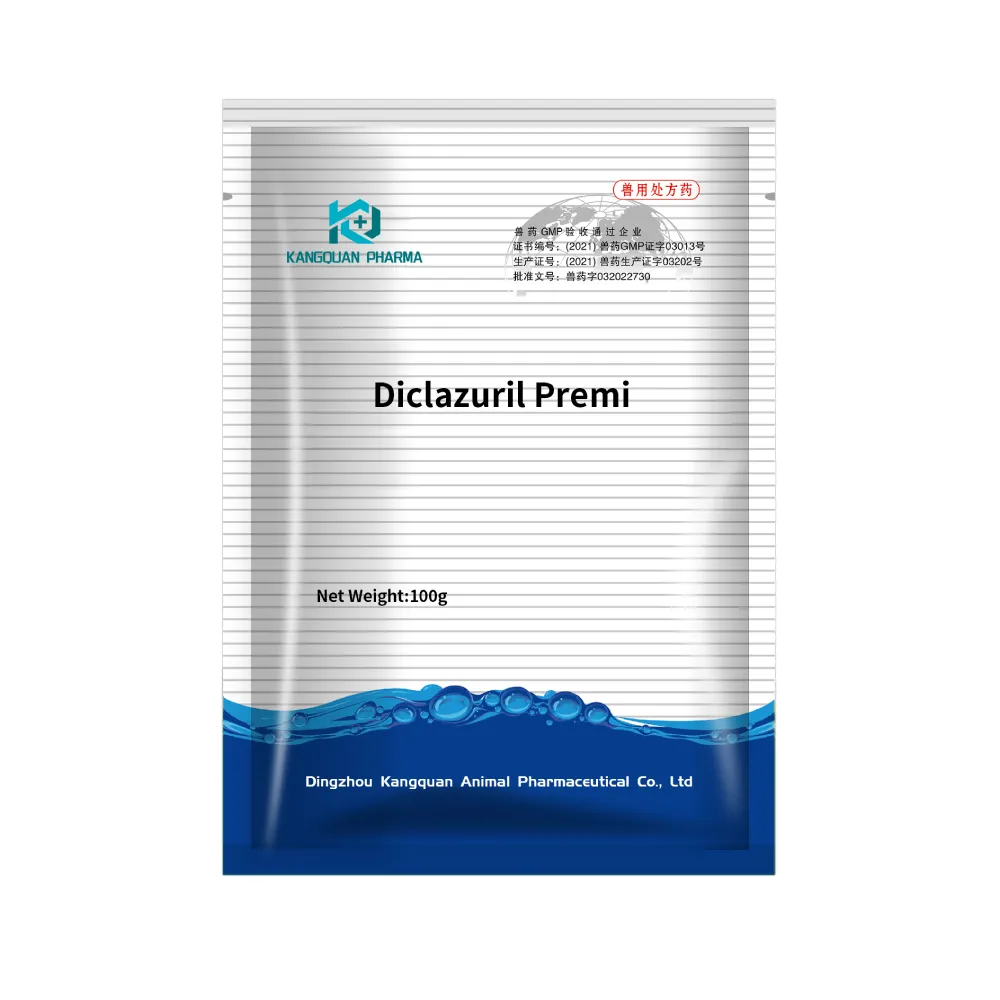- Afrikaans
- Albanian
- Amharic
- Arabic
- Armenian
- Azerbaijani
- Basque
- Belarusian
- Bengali
- Bosnian
- Bulgarian
- Catalan
- Cebuano
- Corsican
- Croatian
- Czech
- Danish
- Dutch
- English
- Esperanto
- Estonian
- Finnish
- French
- Frisian
- Galician
- Georgian
- German
- Greek
- Gujarati
- Haitian Creole
- hausa
- hawaiian
- Hebrew
- Hindi
- Miao
- Hungarian
- Icelandic
- igbo
- Indonesian
- irish
- Italian
- Japanese
- Javanese
- Kannada
- kazakh
- Khmer
- Rwandese
- Korean
- Kurdish
- Kyrgyz
- Lao
- Latin
- Latvian
- Lithuanian
- Luxembourgish
- Macedonian
- Malgashi
- Malay
- Malayalam
- Maltese
- Maori
- Marathi
- Mongolian
- Myanmar
- Nepali
- Norwegian
- Norwegian
- Occitan
- Pashto
- Persian
- Polish
- Portuguese
- Punjabi
- Romanian
- Russian
- Samoan
- Scottish Gaelic
- Serbian
- Sesotho
- Shona
- Sindhi
- Sinhala
- Slovak
- Slovenian
- Somali
- Spanish
- Sundanese
- Swahili
- Swedish
- Tagalog
- Tajik
- Tamil
- Tatar
- Telugu
- Thai
- Turkish
- Turkmen
- Ukrainian
- Urdu
- Uighur
- Uzbek
- Vietnamese
- Welsh
- Bantu
- Yiddish
- Yoruba
- Zulu
9 月 . 06, 2024 10:45 Back to list
Effective Solutions for Killing Fleas, Ticks, and Heartworms
What Kills Fleas, Ticks, and Heartworms?
Fleas, ticks, and heartworms are some of the most common parasites that can affect pets, particularly dogs and cats. Each of these parasites poses unique health risks, and understanding how to effectively eliminate them is crucial for pet owners. This article explores the best methods to kill and prevent fleas, ticks, and heartworms, ensuring that both pets and their owners can live a healthy, happy life.
Fleas
Fleas are small, wingless insects that feed on the blood of animals. They reproduce rapidly; a single female flea can lay thousands of eggs in her lifetime, leading to infestations that are difficult to control. The first step in killing fleas is to treat both the pet and its environment.
1. Topical Treatments Products like Frontline and Advantage are applied directly to the pet's skin. These treatments kill adult fleas on contact and disrupt the lifecycle by preventing eggs from maturing.
2. Oral Medications Oral flea treatments like Capstar provide quick relief by killing fleas within hours. These are particularly beneficial for immediate relief during an infestation.
3. Flea Collars Collars containing insecticides can repel and kill fleas on contact, providing long-term protection.
4. Environmental Solutions Vacuuming carpets, washing pet bedding, and using flea sprays or foggers in the home can significantly reduce flea populations.
Ticks
Ticks are arachnids that attach to the skin of animals and feed on their blood. They can transmit serious diseases such as Lyme disease and Rocky Mountain spotted fever. The strategies for killing ticks include
what kills fleas ticks and heartworms

1. Topical and Oral Medications Similar to fleas, many products are available to treat pets. Products like NexGard and Bravecto come in oral form and kill ticks quickly, providing several months of protection.
2. Regular Inspections Pet owners should regularly check their pets for ticks, particularly after walks in wooded or grassy areas. Prompt removal of ticks reduces the risk of disease transmission.
3. Preventive Measures Keeping yards well-maintained and using tick-repellent sprays can help reduce the risk of ticks infesting pets.
Heartworms
Heartworm disease, caused by a parasitic worm transmitted through mosquito bites, is particularly dangerous as it can lead to serious heart and lung issues. Prevention is the most effective way to deal with heartworms
1. Preventive Medications Prescribed monthly heartworm preventatives, such as Heartgard and Interceptor, are crucial. They kill the larval stage of the heartworm before it matures into adults.
2. Testing Regular testing for heartworms is essential, especially in regions where the disease is prevalent. Early detection can lead to effective treatment.
3. Mosquito Control Reducing mosquito populations around homes, using screens on windows, and eliminating standing water can help minimize the risk of heartworm transmission.
In conclusion, the best way to protect pets from fleas, ticks, and heartworms is through a combination of preventive measures and prompt treatments. By staying diligent and using the right products, pet owners can safeguard their furry friends from these harmful parasites, ensuring a healthier, happier life for both pets and their families. Regular veterinary check-ups can also provide tailored advice on the most effective parasite control strategies suited for individual pets and local environments.
-
The Power of Radix Isatidis Extract for Your Health and Wellness
NewsOct.29,2024
-
Neomycin Sulfate Soluble Powder: A Versatile Solution for Pet Health
NewsOct.29,2024
-
Lincomycin Hydrochloride Soluble Powder – The Essential Solution
NewsOct.29,2024
-
Garamycin Gentamicin Sulfate for Effective Infection Control
NewsOct.29,2024
-
Doxycycline Hyclate Soluble Powder: Your Antibiotic Needs
NewsOct.29,2024
-
Tilmicosin Premix: The Ultimate Solution for Poultry Health
NewsOct.29,2024













